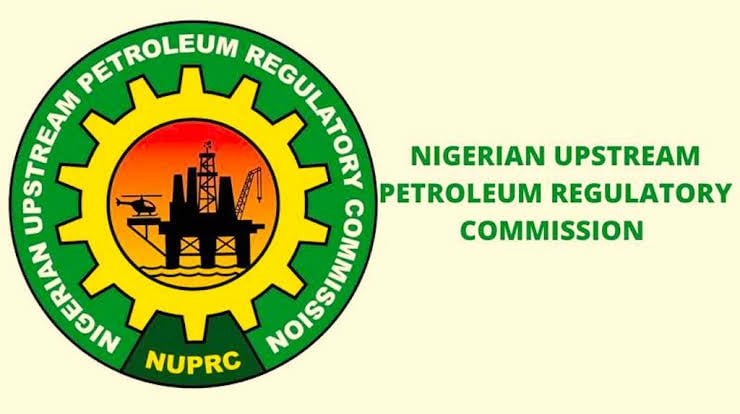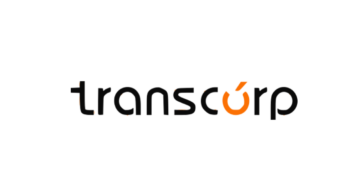With the 2025 national budget targeting crude oil production of 2.062 million barrels per day (bpd) at $75 per barrel, the Nigerian Upstream Petroleum Regulatory Commission (NUPRC) has stressed the urgent need to close the current gap in the country’s output.
Despite recent improvements, Nigeria’s production currently averages 1.7 million bpd, falling short of the budgeted 2.062 million bpd.
This is as the country’s rig count increased from an average of eight in 2021 to 38 in 2024, representing a 79 per cent increase.
The chief executive of the NUPRC, Gbenga Komolafe, made these known during the Petroleum Industry Stakeholders’ Forum in Abuja on Thursday.
Komolafe, while highlighting the significant strides made in the upstream petroleum sector, noted that oil production rose by 26 per cent between April 2023 and November 2024, while national oil and gas reserves increased by 1.45 per cent and 0.206 per cent, respectively, compared to 2023
He attributed these gains to effective policies, industry collaboration, and enhanced security measures, which led to a 40 per cent reduction in oil theft and production delays.
“Your leadership in seeking and promoting sustainable growth in the oil and gas industry through the issuance of appropriate policies is remarkable and has led to visible positive outcomes, giving renewed confidence to different stakeholders in the industry, increasing investment and production,” he said.
The NUPRC boss pointed out that Nigeria’s current output averages 1.7 million bpd, leaving a deficit of approximately 350,000 bpd.
With the 2025 national budget targeting crude oil production of 2.062 million barrels per day (bpd) at $75 per barrel, he stressed the urgent need to close this current gap.
To address this shortfall, he said the NUPRC has launched the “1M Barrels Per Day Incremental Production Initiative,” which promotes synergy across the upstream value chain.
Komolafe further outlined five key areas of focus for 2025, including the effective implementation of the 1M Barrels Per Day Initiative, enhancing hydrocarbon measurement accuracy through improved metering and advanced cargo regulations, and digitizing regulatory activities to improve compliance and efficiency.
To avert budget deficit and revenue gap, he said that the Commission had launched the project 1m barrel per day incremental production initiative that mandates every player within the upstream value chain to operate in a one stop shop economic system as against operating in silos thereby failing to leverage optimum capability and economy of scale.
He explained that in 2025, the Commission is focused on achieving effective implementation of the 1M barrel production incremental initiatives; enhancing transparency of Hydrocarbon measurement accuracy through the implementation of the metering and advance cargo regulations.
Other targets of the commission according to him include: digitalisation of upstream regulatory activities to engender willful regulatory compliance for effectiveness and efficiency; interrogating and achieving optimum unit cost per barrel for increased federation revenue.
Other areas of focus are: reducing the unit cost of oil production to boost revenue, as well as conducting licensing bid rounds to revive non-performing assets in line with the Petroleum Industry Act (PIA) 2021.
“At the NUPRC, we are committed to ensuring our regulatory processes are clear and efficient to promote industry growth, creating a regulatory ecosystem that encourages investment, fosters innovation, and ensures our global competitiveness.
“Let us seize this opportunity to build stronger relationships and pave the way for a robust and sustainable upstream petroleum sector for Nigeria. I look forward to our discussions and the collaborations that will emerge from this,” he said.
“The Commission will continue to maximize the gains already achieved in the implementation of the Host Community Development Trust (HCDT) using the HostComply Portal which is already yielding positive results. Our commitment to reducing carbon footprint in our operations remains unchanged as we are poised to drive the industry to achieve the desired results in this regard.
“The Commission has developed a template sent out to the industry players to identify the needs of every player within the value chain with a view of meeting the gaps arising from the needs of each player which can be met by another player. This is expected to create synergy, networking and leveraging on the capabilities of every player within the value chain.
“This gathering therefore is timely as the objective is to foster collaboration and team effort towards achieving the aspiration of the government,” he said.
In his remarks, chief executive, Nigerian Midstream & Downstream Petroleum Regulatory Authority (NMDPRA), Farouk Ahmed, explained that over the years, the agency has taken deliberate and proactive actions to protect and grow the industry, in line with the aspirations and provisions of the PIA 2021.
According to him, the government is taking necessary steps to ensure the evolution of an open, competitive and contestable market in the product supply chain adding that the full price deregulation of petroleum products market has enabled the creation of a level playing field fostering a healthy competition and enabling investment opportunities.
He said, “In the same vein, our reform has occasioned adequate supply and distribution of petroleum products in the country, with consumers enjoying competitive prices and value-added services. The National Energy security has been further enhanced with multiple sources of supply.
“For the first time in many years, the country witnessed the end-of-year festivities and the beginning of a new year without any supply disruption or product shortages that may have led to fuel queues.
“The contribution of domestic refineries to national energy supply requirements and participation of other Oil Marketing Companies (OMCs) in product supply has been enhanced. Equally, the emerging competitive market environment, downswing in international market price, appreciation in Naira and multiple sources of supply, continue to encourage steady stability in pump price of petroleum products nationwide.”





